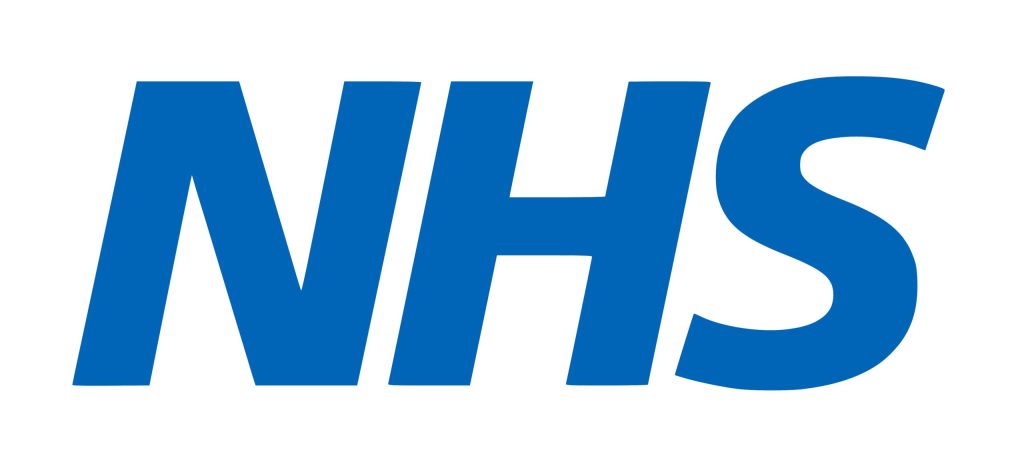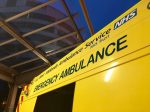THOUSANDS more breast cancers could be detected earlier in England next year in a major new NHS drive to support more women to attend potentially life-saving breast screening.
The NHS in England has today launched its first-ever awareness campaign to highlight the benefits of screening and encourage more women to make the most of regular mammograms, as figures show more than four in ten (46.3 per cent) invited for the first time don’t act on their invitation.
The campaign – supported by leading charity Breast Cancer Now – launches with a new advert across TV, radio and online to highlight that screening can detect any cancers as early as possible, while providing reassurance and relief to millions of women who get the all-clear.
Cancer Research UK has also voiced their support for the campaign.
New NHS estimates suggest that if screening attendance could be improved to 80 per cent of those eligible next year, nearly a million more women (around 925,000) could be screened, compared to 2022/23 – with over 7,500 additional breast cancers detected at an earlier stage, when they are more treatable.
The landmark NHS campaign sees celebrities including Newsnight anchor Victoria Derbyshire, broadcaster and presenter Julia Bradbury, and Strictly Come Dancing judge Shirley Ballas write ‘unofficial’ invitation letters to women about their personal experiences of screening to reassure them and encourage them to attend.
They are joined by cancer survivors, NHS staff and TV doctors in sharing letters in a number of moving films launched today.
The campaign comes as a new survey of 2,000 women for the NHS showed that almost 40 per cent rarely or never talk about breast screening with their female friends and families, and almost a quarter (24 per cent) of women said they wouldn’t attend if they didn’t already have symptoms like a lump.
More than a fifth (21 per cent) also said that embarrassment at being topless in front of someone would prevent them from attending.
NHS national cancer director, Dame Cally Palmer, said: “Breast screening detects breast cancers earlier and saves lives – but we know for many women there can be lots of reasons why they might be reluctant to come forward, or why it’s not top of the priority list in their very busy lives.
“That’s why the NHS has today launched its first-ever campaign to support more women to make the most of breast screening and to address some of the misgivings and misconceptions they might have.
“We hope that by hearing other women’s stories, it will reassure them and remind them why screening is so important.
“Cancer survival is at an all-time high in England thanks to a real focus on early detection – and we want hundreds of thousands more women to access screening so that any breast cancers can be spotted as early as possible to help save more lives.”
Dr Louise Wilkinson, NHS national speciality advisor for breast screening said: “It’s incredibly important that women feel engaged with breast screening and understand why it matters.
“This campaign is about sharing experiences and understanding why some women might be reluctant to come forward, but we want to help them work through any reservations so we can encourage even more women to take up their invitation and ultimately save lives.”
Last year alone, NHS breast screening services detected cancers in 18,942 women across England, which otherwise may not have been diagnosed or treated until a later stage, and the most comprehensive review to date found around 1,300 deaths are prevented each year by the breast screening programme.
Women registered with a GP are automatically invited for NHS breast screening for the first time between the ages of 50 and 53, then every three years until their 71st birthday – while women aged 71 and over can self-refer for screening.
While most women attending screening will receive peace of mind that they have no early signs of breast cancer, the NHS encouraged women to ensure they continue to check their breasts regularly between their screening appointments and to get any unusual changes checked out by their GP.











